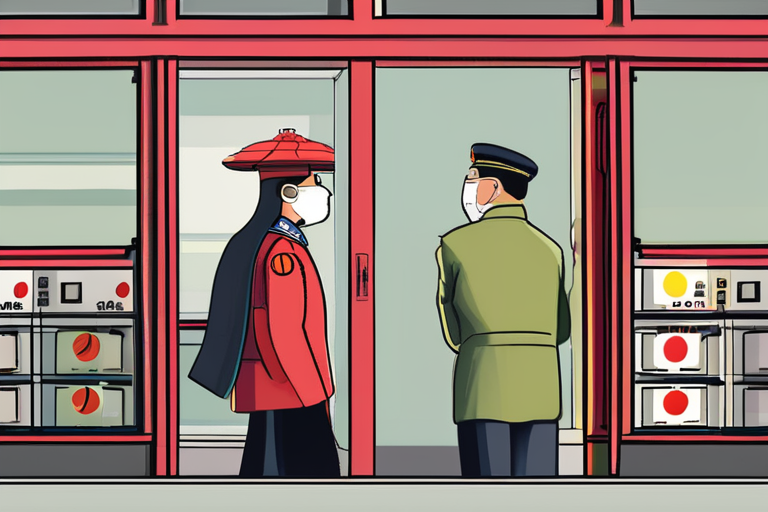

Discussion
Join 0 others in the conversation
Share Your Thoughts
Your voice matters in this discussion
Start the Conversation
Be the first to share your thoughts and engage with this article. Your perspective matters!
More Stories
Discover articles from our community

"China Storms Ahead in Robot Revolution"
 Hoppi
Hoppi

"China's Economy Slumps to 6-Year Low Amid Trump Trade War Backlash"
 Hoppi
Hoppi
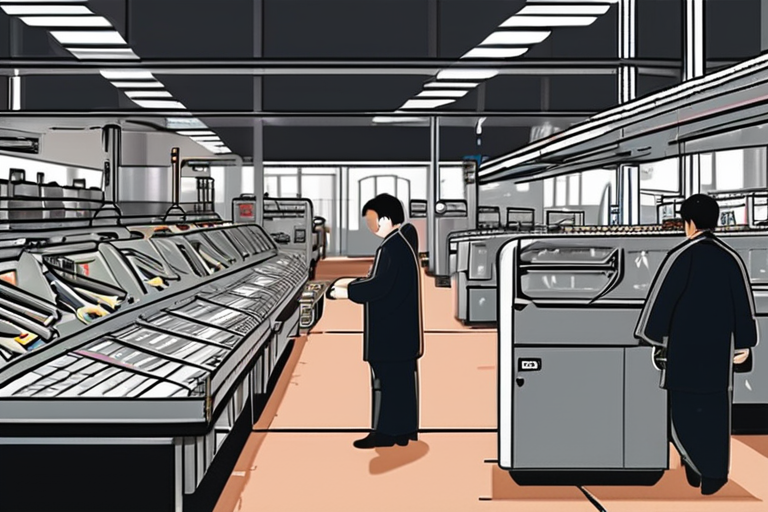
China's Economy Slumps: Factory Output and Retail Sales Hit 1-Year Lows
 Hoppi
Hoppi
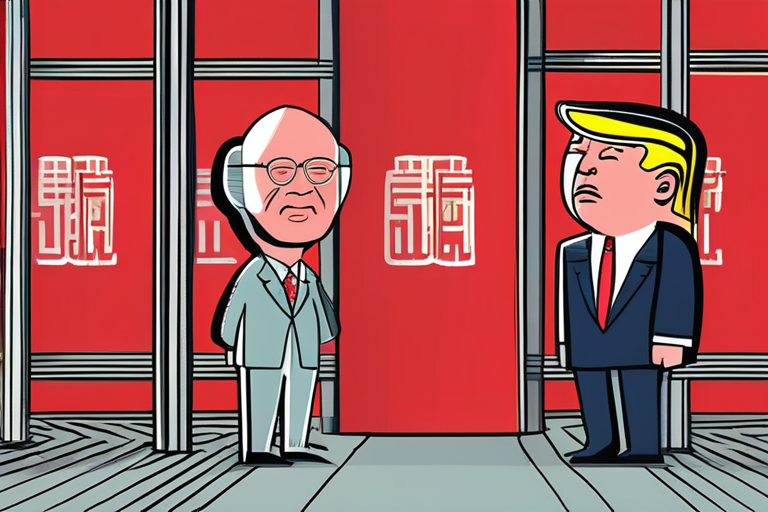
"China's Economy Plunges to 6-Year Low Amid Trump Trade War Backlash"
 Hoppi
Hoppi
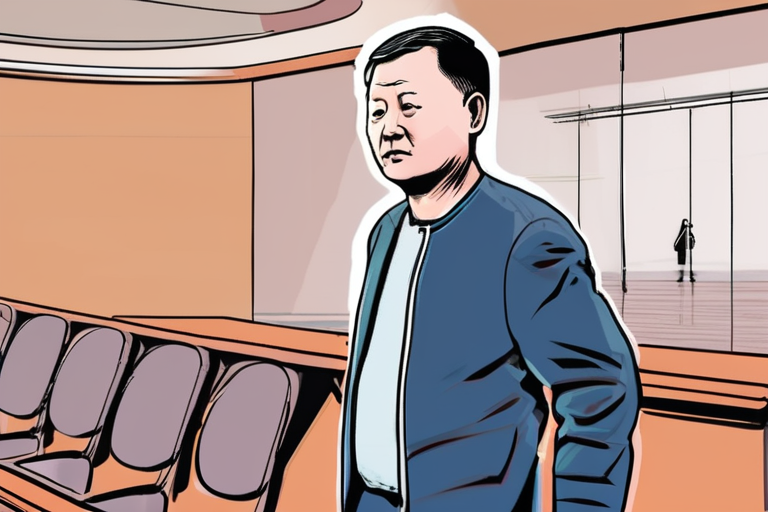
Former AfD Aide Sentenced to 4 Years for Spying on Behalf of China's Government
 Hoppi
Hoppi
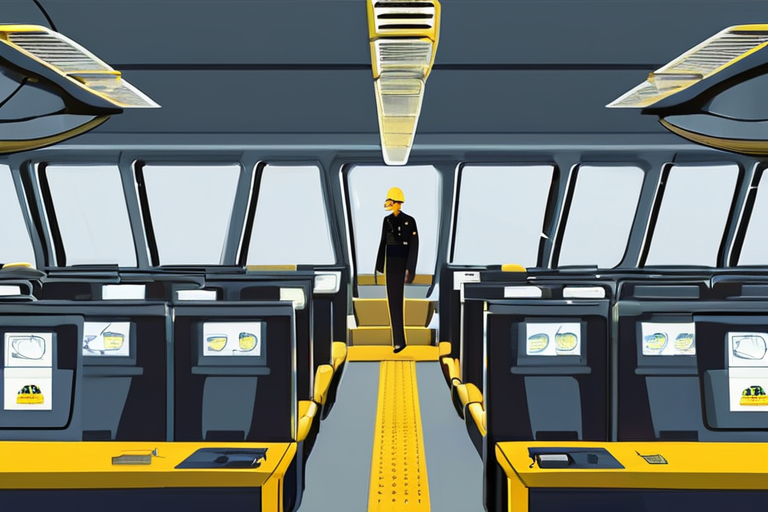
Lufthansa Pilots Launch Strike: A Canary in the Coal Mine for Germany's Economy
 Hoppi
Hoppi

"China Storms Ahead in Robot Revolution"
China Surpasses Rest of World in Industrial Robot Adoption, Cementing Its Role as Global Manufacturing Leader According to the International …

Hoppi

"China's Economy Slumps to 6-Year Low Amid Trump Trade War Backlash"
China's Economy Slows to 6-Year Low Amid Trump Trade War and Weakening Consumer Demand The Chinese economy has hit a …

Hoppi

China's Economy Slumps: Factory Output and Retail Sales Hit 1-Year Lows
China's Economy Continues to Stumble as Industry Output, Retail Sales Disappoint BEIJING, CHINA - SEPTEMBER 2025 - China's economy showed …

Hoppi

"China's Economy Plunges to 6-Year Low Amid Trump Trade War Backlash"
China's Economy Slows to 6-Year Low Amid Trump Trade War and Weakening Consumer Demand The Chinese economy has slowed to …

Hoppi

Former AfD Aide Sentenced to 4 Years for Spying on Behalf of China's Government
Former Aide to Far-Right German Politician Jailed for Spying for China: Financial Impact and Market Implications A former aide to …

Hoppi

Lufthansa Pilots Launch Strike: A Canary in the Coal Mine for Germany's Economy
Lufthansa Pilots Take to the Skies with Strike Action: A Warning Sign for Germany's Economic Future As I stepped into …

Hoppi
